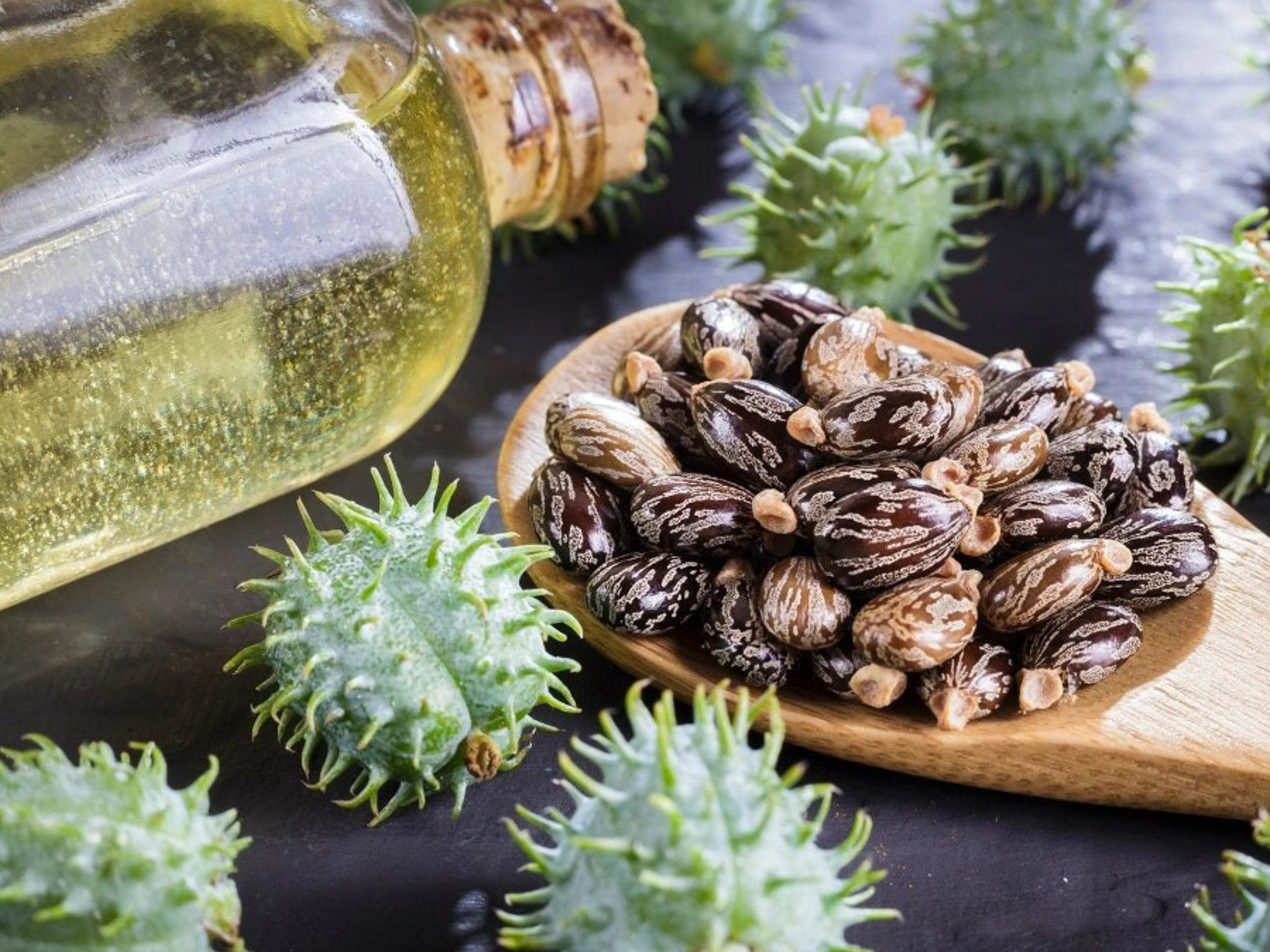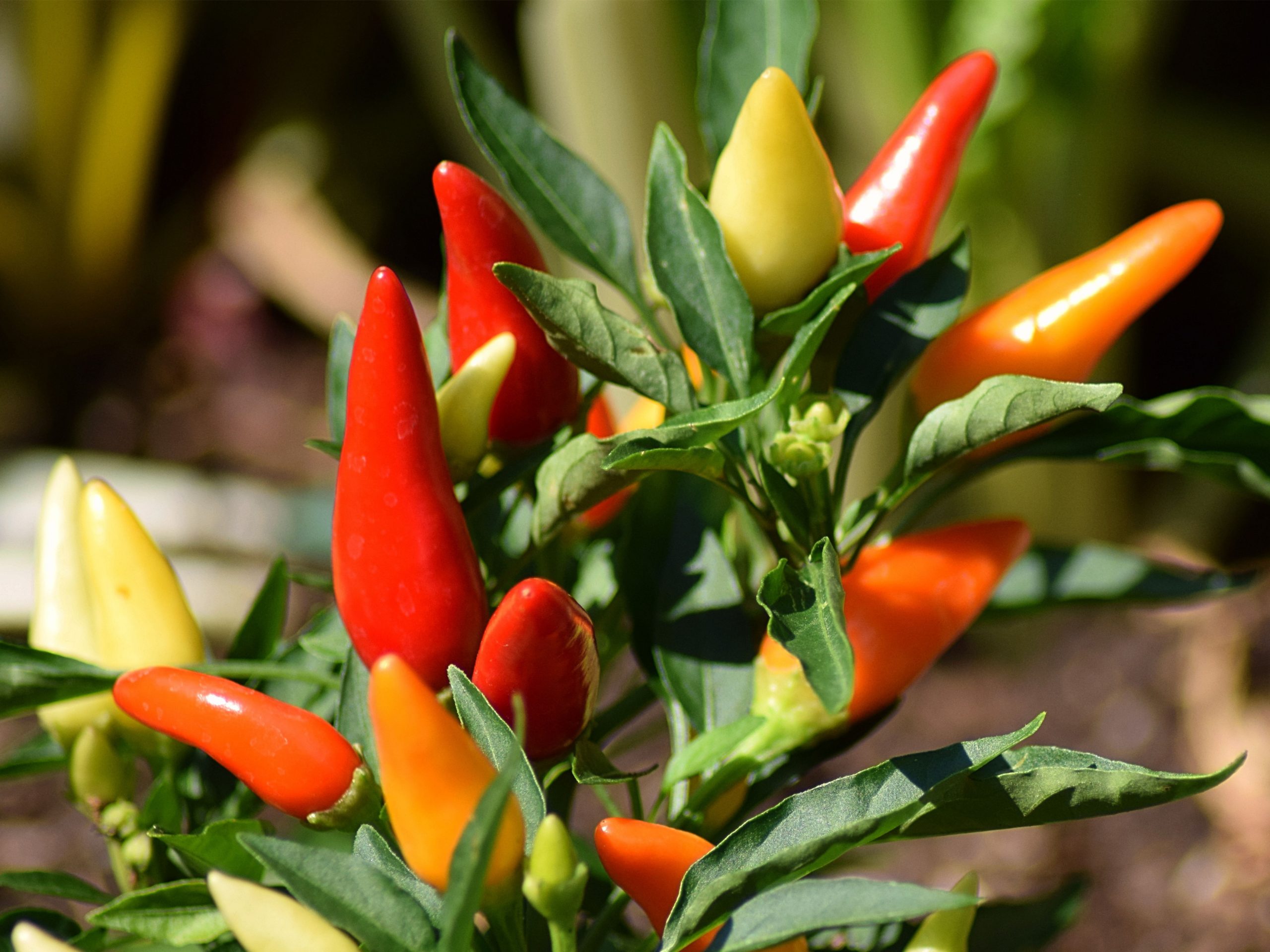Moringa “Tree of Life”
Often referred to as the “Miracle Tree” and the “Tree of Life,”
Moringa is a little-known yet incredibly nutritious superfood and super plant. Outperforming other well-known health foods such as kale and leafy greens, moringa has garnered attention for its remarkable nutritional profile and numerous health benefits. Research has confirmed its anti-inflammatory, antimicrobial, and cancer-preventive powers, making it a significant plant for health and environmental sustainability. Furthermore, moringa’s ability to thrive in arid climates and its nutritional density suggest it could play a vital role in combating world hunger. Indeed, it is one of the most nutritious and eco-friendly plants ever studied, with benefits derived from its leaves, seeds, roots, and even bark.
A quote from Fast Company highlights moringa’s superior nutritional value: “In a gram-for-gram comparison with kale, moringa has more than twice the protein, six times the iron, and 97 times the vitamin B2.”
What is Moringa?
Moringa belongs to the genus of trees and shrubs within the Brassica family, making it a relative of collards, kale, and broccoli. While the seeds and leaves are most commonly consumed, even the bark and roots can be eaten. The leaves of moringa are particularly rich in vitamins, essential minerals, and antioxidative phytocompounds such as polyphenols and carotenoids. Originally a drought-tolerant plant from India, moringa is now found in tropical and subtropical climates around the world, including South Asia, East Africa, Pacific Islands, Latin America, and even parts of California. Traditional medical uses of moringa date back to ancient Egyptian times, when its seed oil was used in skin ointments. In addition to its health benefits, moringa can purify water and its quick-growing wood serves as a fuel source.
Moringa’s diverse species, including Moringa oleifera, Moringa stenopetala, and Moringa peregrina, are adapted to different environments, making them versatile and valuable for various agricultural and nutritional applications.
Each part of the plant offers unique benefits:
Flowers: Used in foods and tea these flowers include high levels of vitamins C and iron plus other vitamins such as A, C, K, and B.
Seeds: Rich in omega-3 fatty acids and anti-oxidants, the seeds can be eaten or used to extract oil for cooking and skincare.

List of the key nutrients found in moringa:
- Protein: Moringa leaves are a good source of protein, containing about 6.7 grams per 100 grams.
- Vitamin B6: Moringa leaves are rich in vitamin B6, with 1.7 milligrams per 100 grams.
- Vitamin C: Moringa leaves are an excellent source of vitamin C, with 15.2 milligrams per 100 grams.
- Riboflavin (Vitamin B2): Moringa leaves are a good source of riboflavin, with 0.2 milligrams per 100 grams.
- Iron: Moringa leaves are a good source of iron, with 1.108 milligrams per 100 grams.
- Carbohydrates: Moringa leaves contain about 12.5 grams of carbohydrates per 100 grams.
- Fiber: Moringa leaves are a good source of dietary fiber, with 0.9 grams per 100 grams.
- Fat: Moringa leaves contain about 10.42% fat, with a mix of saturated and unsaturated fats.
- Antioxidants: Moringa leaves are rich in antioxidants, including flavonoids, phenolic acids, and ascorbic acid.
- Beta-carotene: Moringa leaves contain beta-carotene, a precursor to vitamin A.
- Calcium: Moringa leaves are a good source of calcium, with 15.2 milligrams per 100 grams.
- Potassium: Moringa leaves are a good source of potassium, with 1,108 milligrams per 100 grams.
Other nutrients found in moringa:
Vitamin E
Vitamin K
Folate
Magnesium
Phosphorus
Zinc
Copper
Manganese
Selenium
Omega-3 fatty acids
Health Benefits of Moringa
Moringa oleifera is rich in nutrients, antioxidants, and bioactive compounds, which have been found to have numerous health benefits. Here are some of the most significant moringa benefits:
1. Packed with Antioxidants: Moringa is rich in antioxidants, which help protect the body from free radicals and oxidative stress, reducing the risk of chronic diseases like cancer, heart disease, and neurodegenerative disorders.
2. Anti-Inflammatory Properties: Moringa has anti-inflammatory properties, which can help reduce inflammation and alleviate symptoms of conditions like arthritis, asthma, and allergies.
3. Boosts Energy and Immune System: Moringa is a rich source of vitamins, minerals, and amino acids, which can help boost energy levels and support immune function.
4. Anti-Cancer Properties: Moringa has been found to have anti-cancer properties, which may help prevent the growth and spread of cancer cells.
5. Lowers Cholesterol and Blood Pressure: Moringa has been found to lower cholesterol and blood pressure levels, reducing the risk of heart disease and stroke.
6. Anti-Diabetic Properties: Moringa has been found to have anti-diabetic properties, which may help regulate blood sugar levels and improve insulin sensitivity.
7. Supports Eye Health: Moringa is rich in vitamin A, which is essential for eye health and may help prevent age-related macular degeneration.
8. May Help with Weight Loss: Moringa has been found to have a potential role in weight loss, as it may help reduce body fat and improve metabolism.
9. Supports Skin and Hair Health: Moringa has been used topically to improve skin and hair health, reducing the appearance of wrinkles and promoting healthy hair growth.
10. May Help with Menstrual Health: Moringa has been found to have anti-inflammatory and antioxidant properties, which may help alleviate symptoms of menstrual cramps and other menstrual disorders.
11. Supports Liver Health: Moringa has been found to have hepatoprotective properties, which may help protect the liver from damage and improve liver function.
12. May Help with Respiratory Health: Moringa has been found to have anti-inflammatory properties, which may help alleviate symptoms of respiratory disorders like asthma and bronchitis.
13. Supports Bone Health: Moringa is rich in calcium, which is essential for bone health and may help prevent osteoporosis.
14. May Help with Digestive Health: Moringa has been found to have anti-inflammatory properties, which may help alleviate symptoms of digestive disorders like irritable bowel syndrome (IBS).
15. Supports Brain Health: Moringa has been found to have antioxidant and anti-inflammatory properties, which may help protect the brain from damage and improve cognitive function.
Overall, moringa is a nutrient-rich plant that has been found to be a valuable addition to a healthy diet and lifestyle.

Map of Moringa Growth Zones

Some specific locations where moringa trees can grow well include:
- The southern and western states in the United States
- The Philippines, where it is commonly cultivated during the summer
- Tropical, subtropical, temperate, or equatorial climates worldwide
The Environmental Benefits of Moringa
Moringa trees are renowned not only for their exceptional nutritional and medicinal properties but also for their significant environmental benefits. These resilient trees are incredibly eco-friendly, offering numerous advantages that contribute to environmental sustainability and ecological balance.
Drought Tolerance and Soil Enrichment
Moringa trees are highly drought-tolerant, making them ideal for arid and semi-arid regions where water is scarce. Their deep root systems allow them to access water from deeper soil layers, reducing the need for irrigation and conserving valuable water resources. Additionally, moringa trees help prevent soil erosion and improve soil fertility. Their leaves, when they fall, decompose quickly and enrich the soil with essential nutrients, enhancing soil quality and promoting healthier plant growth in the surrounding area.
Biodiversity and Habitat
Moringa trees play a crucial role in promoting biodiversity and providing habitats for various wildlife species. Their flowers attract a wide range of pollinators, including bees, butterflies, and birds, which are essential for the health and reproduction of many plants. This increased pollinator activity not only supports the moringa trees but also benefits surrounding flora. Furthermore, moringa trees offer shelter and nesting sites for birds and small mammals, enhancing local biodiversity. Moringa trees contribute to the overall resilience and stability of their environment.
Agricultural Practices
Moringa trees can be intercropped with other plants, supporting diverse agricultural practices. They provide shade and wind protection, reducing the stress on crops and increasing overall agricultural productivity. The presence of moringa trees can improve microclimates, making the environment more conducive to growing a variety of crops. Additionally, moringa leaves can be used as a natural fertilizer or animal feed, promoting a closed-loop agricultural system. This practice not only enhances soil health but also reduces the need for chemical fertilizers and pesticides, leading to more environmentally friendly farming methods.
Water Purification
Moringa seeds possess natural coagulant properties that can purify water. Crushed moringa seeds can be used to treat and clarify contaminated water, removing impurities and pathogens. This natural method of water purification is particularly beneficial in rural and underserved communities where access to clean water is limited.
In summary, moringa trees are eco-friendly and environmentally beneficial due to their drought tolerance, soil enrichment capabilities, water purification properties, support for biodiversity, and role in diverse agricultural practices. Their cultivation not only improves human health but also fosters a healthier planet.

Help Us Make a Difference: Support Our Efforts with Your Gift!
This site is funded by individual donations. If you like what you see and feel that it is worthy of your support, CLICK the button below and see how you can participate. We want to thank you in advance for sharing the site with others and any funding that you may help with.
And we have teeshirts for sale as well
Help Fund This Site
Our website is exclusively funded by generous donations through GiveSendGo and cryptocurrency contributions. By utilizing GiveSendGo and accepting crypto, we ensure secure and transparent funding for our operations. Your support through these platforms helps us maintain and grow our online presence. Thank you for your invaluable support and generosity!
Bitcoin ![]()

bc1qq6tp9v3xa4p478xgmxu96wycdnfls7demy5zw9
Ethereum
![]()

0xD72315E9Adcc5d487157Ca49819eE67bd4369219
Tether![]()

0xD72315E9Adcc5d487157Ca49819eE67bd4369219
Recent Articles
The Ultimate Guide to Cooking Pans: Safety, Pros, and Cons
Why Picking the Best Cooking Pans for Your Health Matters! Cooking pans are the unsung heroes of every kitchen, quietly shaping the success of meals from breakfast scrambles to gourmet dinners. The right pan can elevate flavors, ensure even cooking, and even safeguard...
Rediscovering the Wonders of Castor Oil
Castor Oil: A Look at its uses in Health and MedicinesWhat is Castor Oil? Castor oil is a pale yellow vegetable oil extracted from the seeds of the Ricinus communis plant, commonly known as the castor bean. Though native to Africa and India, this hardy plant now grows...
Amazing Peppers
GREAT TASTE & INCREDIBLE HEALTH BENEFITS You can spice up your healthy diet and make it more flavorfuland enjoyable by adding these healthy veggies!One of common reasons that people can’t seem to commit to a healthy diet is their misguided idea that a healthy dish...

















